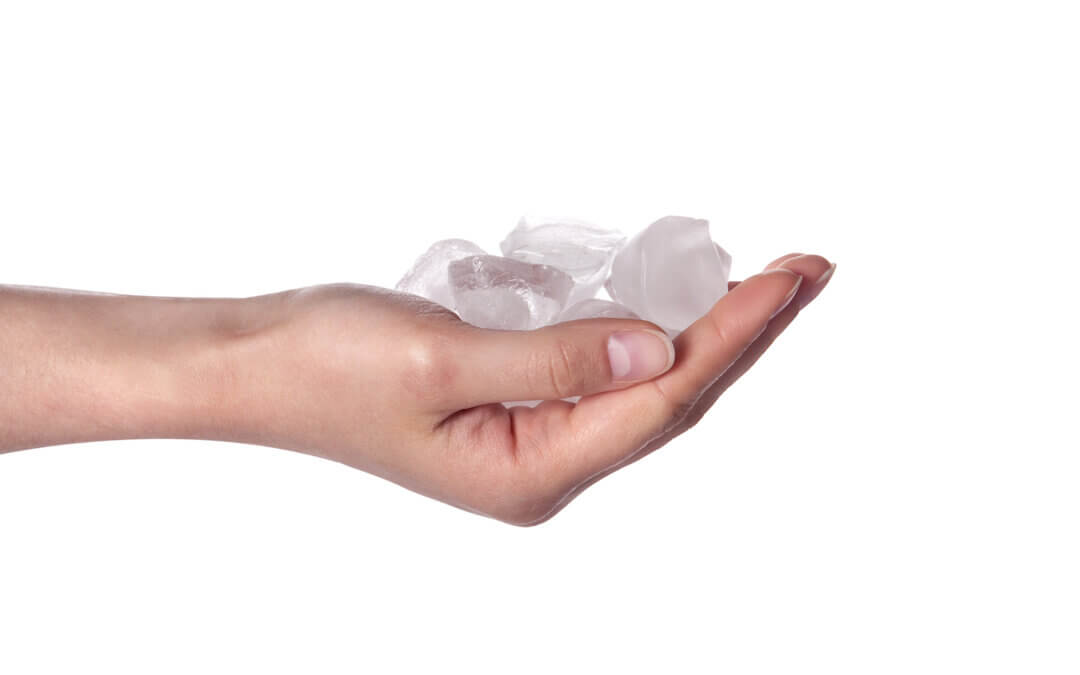At some point in all of our lives, we’ve found ourselves feeling anxious. Whether that means nervousness before a big presentation, an upset stomach before a flight, or the inability to get out of bed in the morning, all of these things can seem impossible to overcome.
Whether you’ve talked to a friend, a therapist, or a doctor, most of us have been given the advice of journaling, slowing down, and just taking a deep breath. And although these coping skills are scientifically proven to help us overcome feelings of panic or anxiety, sometimes they aren’t enough…and that’s okay.
So…what do you do when it feels like you’ve exhausted these skills, and nothing is getting better? You’re in luck, because there’s a plethora of healthy coping skills that can help us decrease or eliminate this uncomfortable feeling that most of us have experienced at some point. Some of my favorite coping skills that can be used anywhere, are listed below.
- Hold ice! This is a great example of sensory distraction. Holding something cold, like ice, can distract you from your anxious thoughts, diverting your brain’s attention to this new physical sensation.
- Eat something sour. This has the same sensory effect as number 1. Tasting something sour can completely distract you from your own thoughts for a moment.
- Exercise. Moving your body releases chemicals, such as endorphins, dopamine, and serotonin, all creating a “happy” feeling.
- Write out the lyrics to your favorite song, word for word. Sense a pattern? Distraction is a great coping skill that can help us reduce anxiety. Focusing on remembering and writing down lyrics, word for word from our favorite song diverts our attention to this new task at hand.
- Progressive muscle relaxation. This is the tensing and releasing of different muscles in your body. This can be done anywhere! You can start by tensing your feet for 5 seconds, then releasing, working your way up to your facial muscles, or if you’re in a time crunch, just tighten one muscle and release until you notice a sense of calm overtaking your body!
All of these techniques can be great ways to reduce feelings of anxiety by doing something physically. Because we often don’t always know how anxiety can impact us, or when it might show up, it can be helpful to carry an anxiety “toolbox” with you. Keeping cold packs, sour candy, and a pen and paper on hand may be just what you need to help you calm down in times of panic and worry!
All in all, there isn’t one universal coping skill that works for everyone…and that’s okay! There’s a plethora of coping skills that have been found helpful to those in need (including journaling and breathing exercises), and it’s important to try out different coping strategies to find out which ones work best for you.

